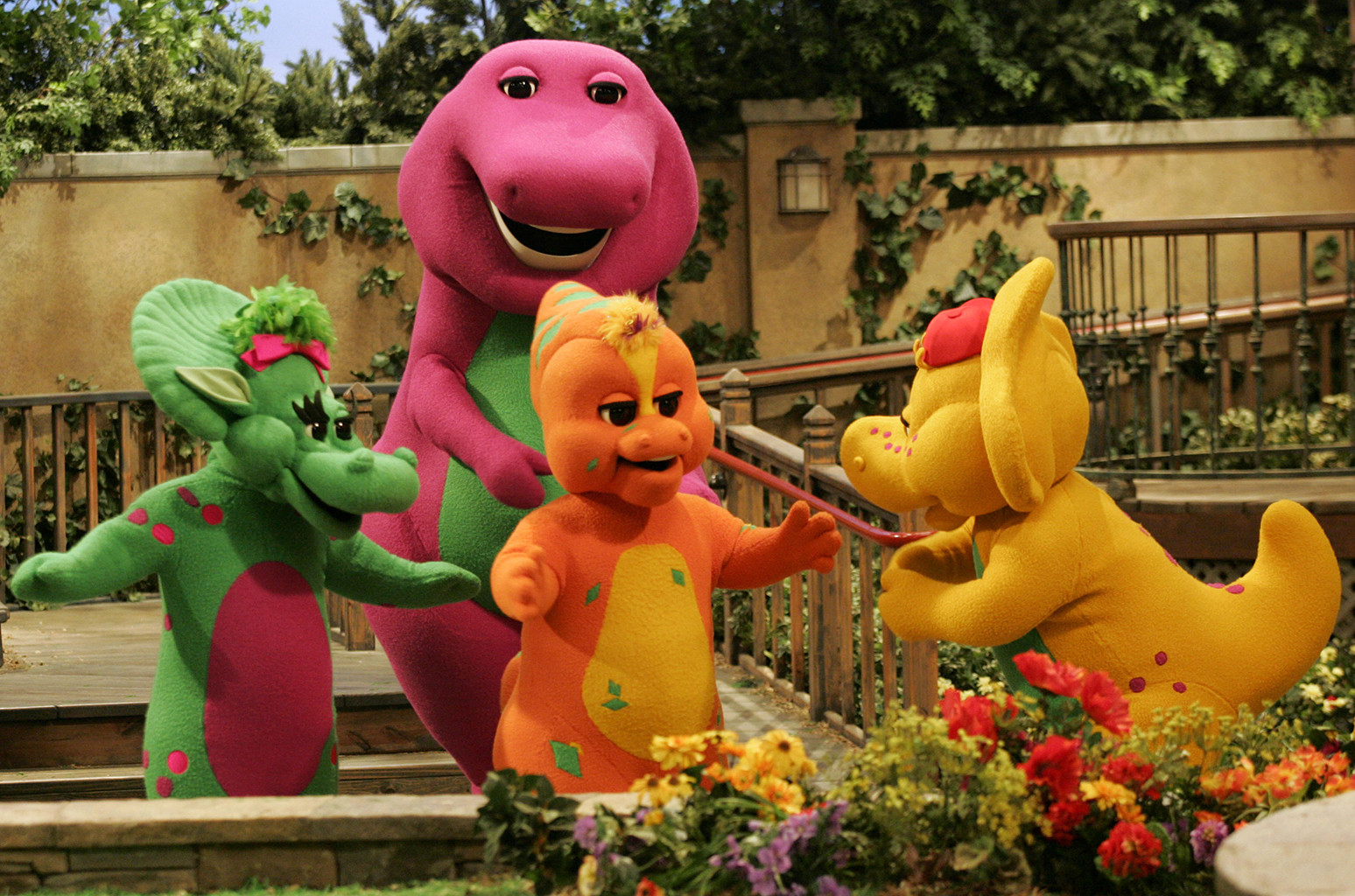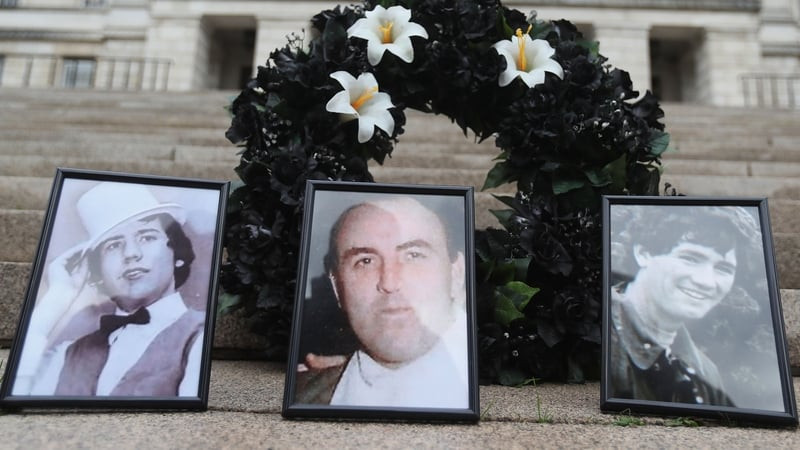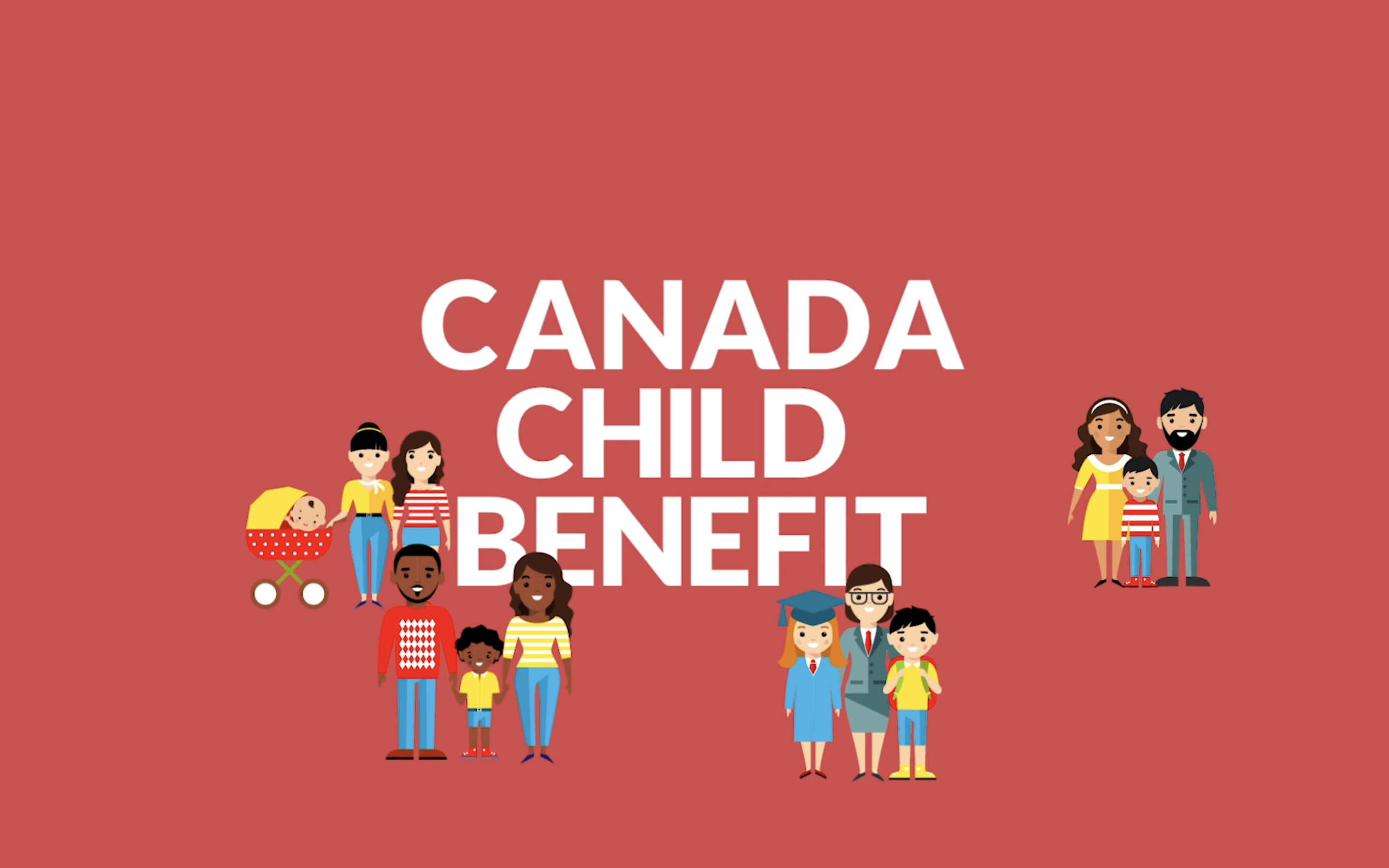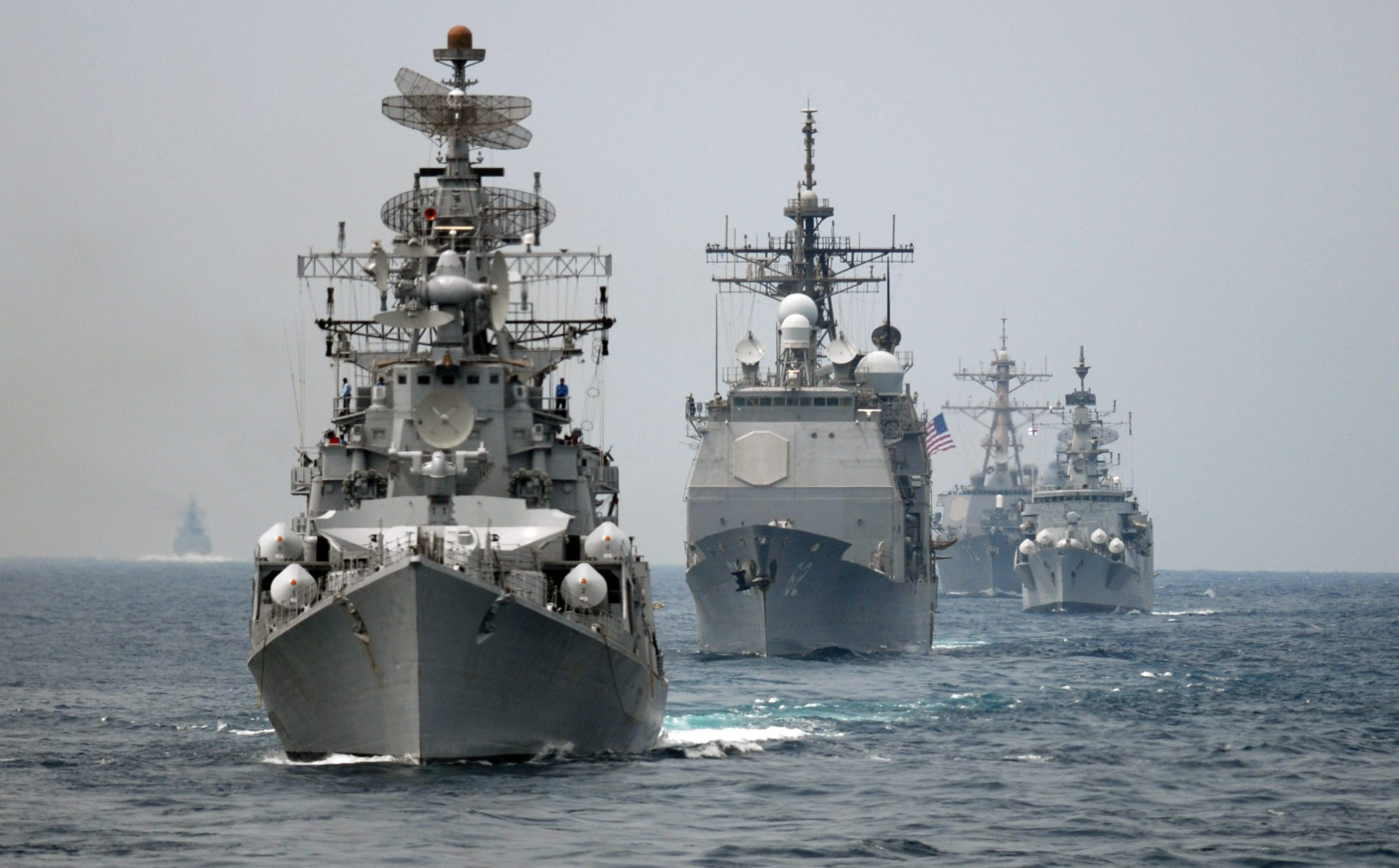Chrystia Freeland's Stunning Resignation Rocks Canadian Politics
In a dramatic turn of events that sent shockwaves through Canadian politics, Finance Minister Chrystia Freeland announced her resignation from Prime Minister Justin Trudeau's cabinet on Monday morning, mere hours before she was scheduled to deliver the crucial fall economic statement. This unexpected move leaves a significant void in the government's leadership at a critical juncture, particularly given the looming threat of escalating trade tensions with the United States.
The Fallout from Freeland's Departure
Freeland's resignation was not anticipated, leaving both the government and the public reeling. A senior government official confirmed to CBC News that the announcement was completely unexpected, highlighting the suddenness and gravity of the situation. The fall economic statement, a critical document outlining the government's fiscal strategy for the coming months, is now shrouded in uncertainty. Journalists assembled for a media lockup, where they would typically read the document under embargo, found themselves scrambling to adapt to Freeland's unexpected departure.
Uncertainty Surrounds the Economic Statement
The immediate consequence of Freeland's resignation is the uncertain fate of the fall economic statement. While it remains unclear whether the statement will proceed as planned, it is highly probable that it will be presented by someone other than Freeland. The possibility of a delay or postponement also cannot be ruled out, adding further uncertainty to an already volatile situation.
The Reasons Behind Freeland's Resignation
In a letter addressed to Prime Minister Trudeau and subsequently shared on her social media account, Freeland revealed that she was effectively forced out of her position. Trudeau had informed her on Friday that he wanted her to transition to a different cabinet role. After careful consideration, Freeland concluded that resignation was the only path that maintained her integrity and sense of duty.
Deep Disagreements with Trudeau
The letter also hinted at significant policy disagreements between Freeland and Trudeau. These disagreements, she explained, are so profound that she declined the new cabinet position offered to her. She emphasized that a minister must speak with the prime minister's confidence and authority; without that, effective governance is impossible. Her decision to resign demonstrates the depth of the divisions within the government.
The Underlying Tensions
While Freeland's letter did not explicitly detail the policy disagreements, several sources suggest that they stem from conflicting views on the government's economic strategy. Reports indicate underlying tensions between Freeland’s office and Trudeau’s, primarily concerning government initiatives like a two-month GST freeze and a planned $250 stimulus cheque. These initiatives, widely criticized for their economic viability and potential impact, appear to be at the heart of the conflict. Freeland expressed concerns about “costly political gimmicks” and the need for fiscal prudence, particularly in light of the potential for a trade war with the U.S. She advocated for a fiscally responsible approach.
Freeland's Vision for Canada's Future
Her letter emphasized the urgency of addressing the economic challenges confronting Canada, especially the threat of a 25% tariff imposed by the incoming U.S. administration. Freeland stressed the importance of preserving Canada's fiscal strength, highlighting the need to prioritize long-term stability over short-term political gains. She also advocated for a collaborative approach, urging Trudeau to work constructively with provincial and territorial premiers to build a unified national response. This vision stands in stark contrast to the measures recently announced by the Trudeau government. Her concern for Canada's future is clear. Freeland also asserted that inevitably, the government's time will end, but the way in which they respond to the immediate crisis will define them for generations.
The Political Aftermath
Freeland's resignation is nothing short of a political earthquake. It comes at a particularly inopportune moment for Trudeau, whose approval ratings have plummeted amidst recent political controversies. The loss of Freeland, a respected and experienced member of the cabinet, raises significant questions about Trudeau’s leadership. The government now faces the immense task of navigating the fall economic statement without its key architect, managing the political fallout, and addressing the significant policy disagreements that led to Freeland's departure.
Potential Implications for the Next Election
Freeland’s departure further intensifies speculation about the upcoming federal election and Trudeau's political future. While she stated her intention to remain a Liberal MP and contest the next election, her resignation casts a long shadow over the party’s prospects and further jeopardizes the government's tenuous position in the polls. The political landscape is now rapidly shifting, and the consequences of this unexpected event will continue to unfold. The party has suffered two recent by-election losses, indicating underlying challenges for the party which Trudeau has yet to address effectively.
The Search for a Replacement
The question of Freeland's replacement is of paramount importance. Speculation is rampant, with names like former Bank of Canada Governor Mark Carney mentioned as a potential successor. The choice will be critical, demanding someone with both the economic expertise and the political acumen to navigate the turbulent waters ahead. The decision will heavily influence the government's economic trajectory and its ability to restore confidence in the wake of Freeland's resignation.
The Road Ahead
The coming days and weeks will be pivotal for the Trudeau government. The handling of the fall economic statement, the appointment of a new finance minister, and the overall response to Freeland's departure will significantly impact the Liberal Party's fortunes. The gravity of this situation cannot be overstated, highlighting the political turmoil facing the current administration and raising questions about its long-term viability. The situation remains highly volatile and requires careful observation.
Canada's political landscape has shifted dramatically in the aftermath of Freeland's resignation. The implications of this event are far-reaching and will likely shape the country's political and economic trajectory for the foreseeable future. The future remains uncertain, but the immediate focus rests on how the government will navigate the crisis, and whether it can regain public trust amidst the growing uncertainty.

















